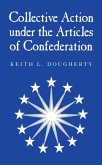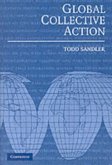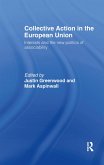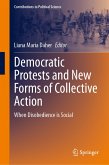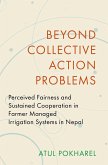What makes individuals with divergent and often conflicting interests join together and act in unison? By drawing on the fear of external threats, this book develops a theory of 'negative association' that examines the dynamics captured by the maxim 'The enemy of my enemy is my friend'. It then traces its role from Greek and Roman political thought, through Machiavelli and the reason of state thinkers, and Hobbes and his emulators and critics, to the realists of the twentieth century. By focusing on the role of fear and enmity in the formation of individual and group identity, this book reveals an important tradition in the history of political thought and offers insights into texts that are considered familiar. This book demonstrates that the fear of external threats is an essential element of the formation and preservation of political groups and that its absence renders political association unsustainable.
Dieser Download kann aus rechtlichen Gründen nur mit Rechnungsadresse in A, B, BG, CY, CZ, D, DK, EW, E, FIN, F, GR, HR, H, IRL, I, LT, L, LR, M, NL, PL, P, R, S, SLO, SK ausgeliefert werden.
Hinweis: Dieser Artikel kann nur an eine deutsche Lieferadresse ausgeliefert werden.




